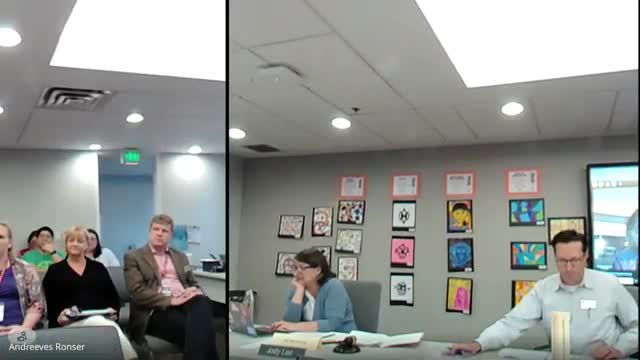Article not found
This article is no longer available. But don't worry—we've gathered other articles that discuss the same topic.
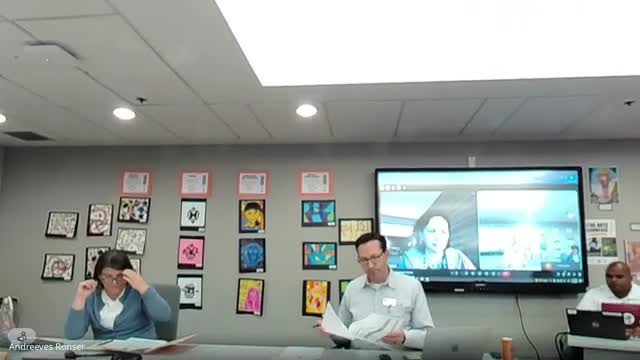
Mercer Island board finds district compliant with financial policy but flags shortfall in fund reserves
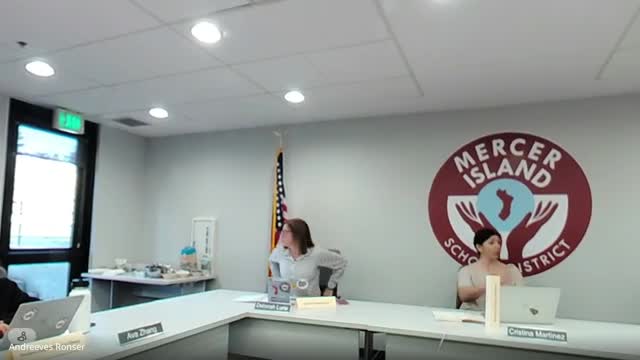
Parents and nurses urge board to preserve elementary nursing coverage as district weighs classified reductions
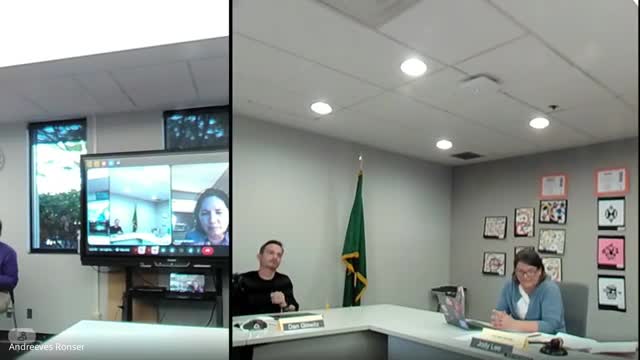
Mercer Island students and alumni honored: Pathfinder award, Tiny Memoir winner and national media awards for MIHS
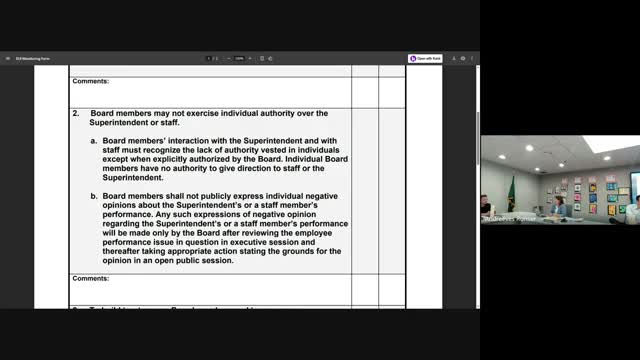
District updates transportation plan: ridership recovering, driver recruiting improves and bus electrification plan moves forward
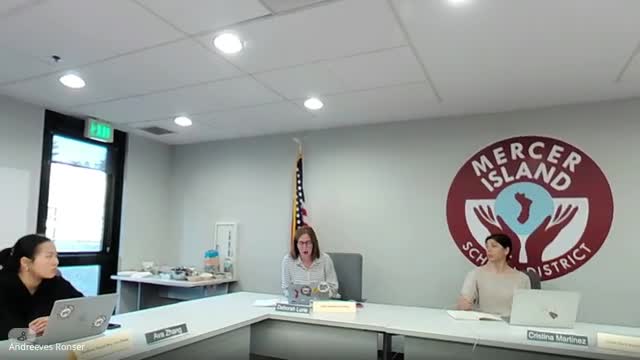
Board adopts certificated reduction resolution amid efforts to limit staff impacts
